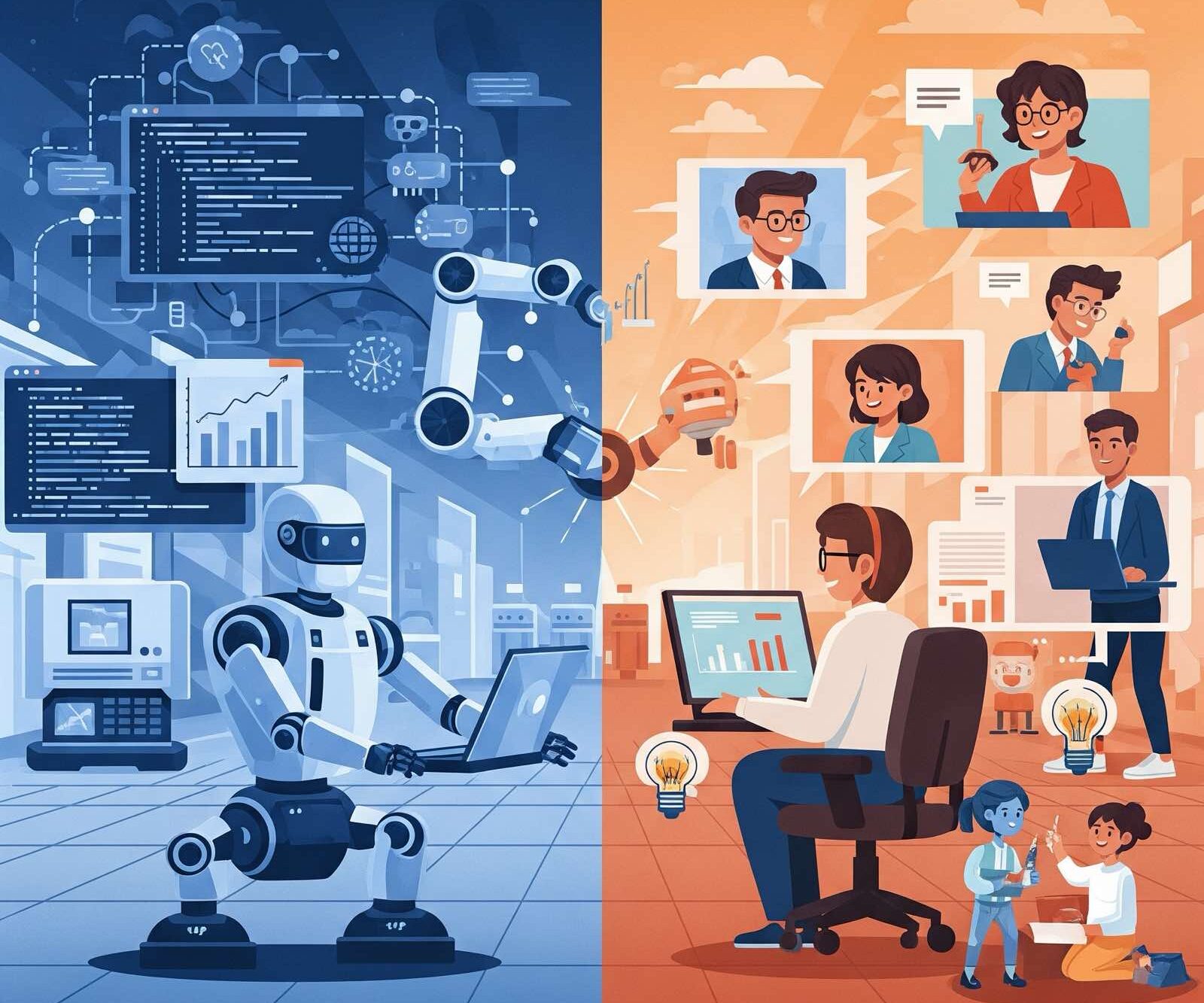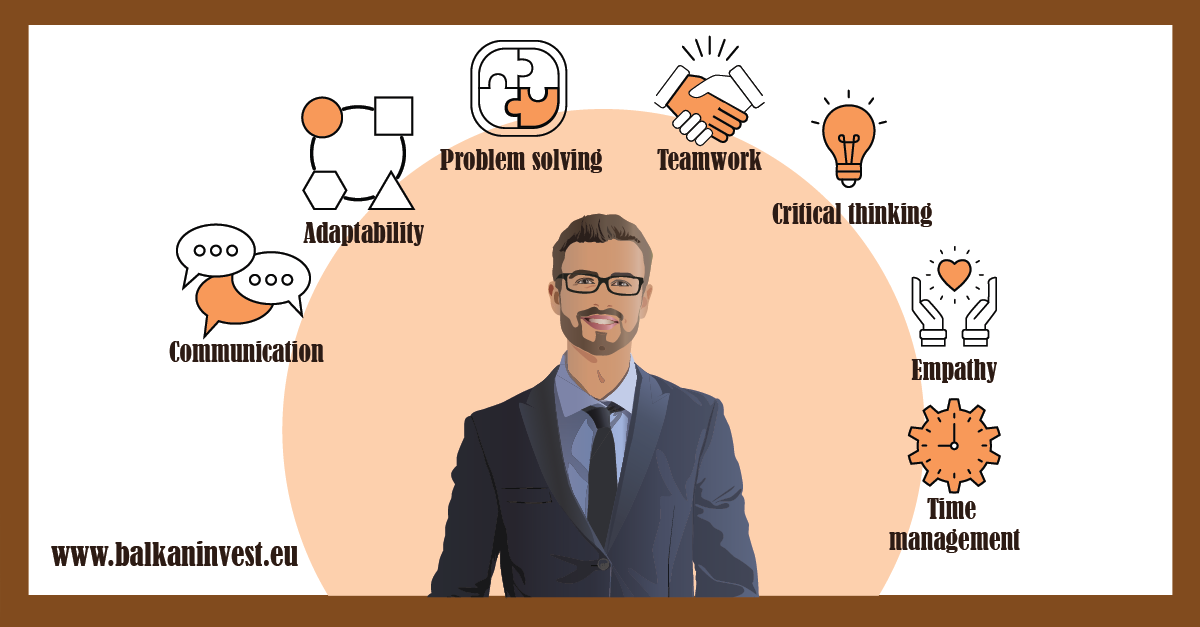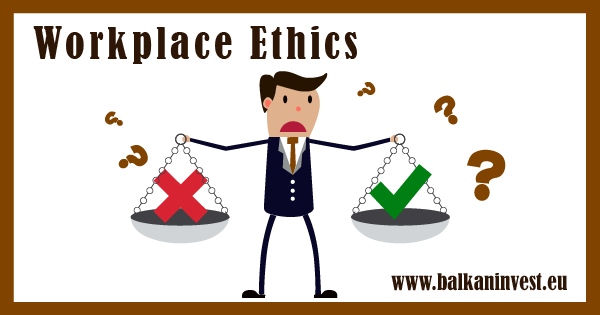
The Meaning of Soft Skills in the Modern Workplace
Soft skills are non-technical abilities and do not rely on machinery or specialized equipment. They are also referred to as power skills, common skills, essential skills, core skills, or psychological skills. These skills describe personal attributes and are applicable across all professions and industries. One of their key advantages is their universal nature. They do not require adaptation to different contexts, making them valuable in virtually every aspect of life.
In today’s rapidly evolving work environment, soft skills have become a major differentiator for employability and long-term success. Especially in the era of generative AI and digital transformation. These human-centric abilities are emerging as the foundation of a resilient, future-ready workforce. Skills such as communication, adaptability, collaboration, and emotional intelligence are now considered as important as academic achievements like GPA when hiring new employees. Moreover, they play a critical role in bridging talent gaps, enhancing workforce agility, and driving innovation across industries.
What are Human-centric skills
Nowadays, soft skills are increasingly referred to as ‘human-centric skills’ – a term that emphasises their deeply personal and interpersonal nature. This designation not only emphasises their growing importance, but also clarifies their purpose in the workplace: to help individuals manage and shape constant change.
People-centred skills combine technological capabilities with emotional intelligence, adaptability and strategic vision. They enable people to not only keep pace with change, but to actively shape it. As AI takes on routine, repetitive tasks, companies increasingly value the qualities that machines cannot replicate – such as empathy, creativity and human judgement. No matter how advanced the technology, people remain at the heart of every organisation.
A truly human-centric approach also prioritizes the well-being, motivations, and aspirations of employees. Ensuring long-term growth and success in a rapidly evolving world.

Examples of Human-Centric Skills
These skills are increasingly recognised as crucial for effective collaboration, leadership and personal growth in the modern workplace. These soft skills can be categorised into three key areas, a framework that emerged from research conducted by James Noon in 1996, which identified 262 different skills.
This is a small subset of the full range of skills, focussing on those that are particularly relevant today.
Self (personal knowledge and contribution)
These skills focus on personal effectiveness and the ability to make a meaningful contribution to one’s own growth and productivity.
- Time management: The ability to prioritise tasks and manage one’s time effectively. This skill ensures that deadlines are met, productivity is maximised and stress is minimised, especially in high-pressure situations.
- Critical thinking: The ability to analyse information objectively, evaluate different perspectives and make informed decisions. Critical thinking is essential for solving problems and ensuring that decisions are sound and effective.
- Digital literacy: The ability to navigate digital technologies and use them effectively. In today’s increasingly digitalised world of work, mastering digital tools and platforms is critical to productivity and maintaining competitiveness.
Other key competencies in this category are Emotional Intelligence (EQ), Personal Communication, Personal Organisation, Personal Contributions, Priority Management, Stress Management, Thinking Skills, Wellness & Encouragement and Work Personality.
People (interpersonal relationships and achieving results)
These skills are crucial for interacting with others, building relationships and achieving common goals.
- Teamwork: The ability to work effectively with others towards common goals. Teamwork fosters collaboration, enhances creativity and ensures that all tasks are completed efficiently.
- Leadership skills: The ability to inspire, guide and motivate others to achieve a common goal. Leadership skills are key to managing teams, setting clear direction and driving organisational success.
- Interpersonal skills: The ability to communicate, engage and build positive relationships with others. Strong interpersonal skills are critical for effective communication and collaboration in any professional environment
Other skills in this category include language skills, change management, ethical leadership, people management, managing meetings, motivating people, personal character, persuasion and negotiation, power and influence, transforming leadership and career management.
Labour (process efficiency and output)
These skills increase the efficiency of processes and improve the quality of the work result.
- Problem solving: The ability to identify challenges, analyse possible solutions and implement effective measures. Problem solving is essential to overcome obstacles and find innovative ways to achieve goals.
- Creativity: The ability to think innovatively and develop new ideas. Creativity is critical to adapting to changing market demands, solving problems and fostering innovation in the workplace.
- Attention to detail: The ability to focus on details and ensure accuracy in all tasks. Attention to detail is essential to produce high quality work and avoid errors, especially on complex projects.
Other skills in this category include judgement, decision management, delegation management, information management, innovation, expertise, goal setting, organisational knowledge, project management and public speaking.
What are hard skills
At the same time, hard skills – the specific technical competences required to perform work-related tasks – are still essential. These skills, which are often specific to a particular profession, form the foundation of a career.
Examples of hard skills include graphic design, programming, data analysis, accounting and engineering.
The combination of skills
Both human-centred skills and hard skills are essential for success in the workplace. The combination of human-centric skills and hard skills is what makes an employee successful, and both are increasingly valued by employers as they work together to fulfil both interpersonal and technical requirements.
In a working world where AI is integrated into almost every business process, those who can combine technical knowledge with human-centred skills will be best equipped to succeed.

How to develop skills
Improving your soft skills starts with self-awareness – recognising your strengths and areas for improvement. Once you are aware of the skills you want to improve, you can take part in soft skills training that provides structured guidance and practical techniques. Platforms such as LinkedIn Learning offer a variety of courses, such as Professional Development, that can help you develop these skills effectively. Applying these skills in the workplace is key to honing them, as practice helps to reinforce what you have learnt. In addition, finding a mentor can provide valuable insight and personalised advice for development.
How to emphasise skills
When it comes to highlighting your soft skills, it is important to identify the specific soft skills required for the position you are seeking. One way to highlight these skills is to include them in the objective or summary of your resume, which is a snapshot of your skills. In the work experience section of your resume, provide specific examples of how you used your soft skills to overcome challenges or achieve results.
You can also highlight your soft skills in the ‘Competences’ section and emphasise your key strengths. To back up your claims, you can include additional evidence of your soft skills, e.g. relevant certifications, achievements or feedback from colleagues. Don’t forget to emphasise your soft skills in your cover letter and match them with the requirements of the job.
If you are asked in the interview about challenges you have faced, you should give examples of how your soft skills helped you to successfully overcome these situations.
For more insights into current recruiting trends and how they impact highlighting skills, check out our article on the latest trends in recruiting 2024.
What really matters in the modern workplace
In today’s fast-paced and ever-evolving world of work, the importance of soft skills, i.e. people-centred skills, cannot be overstated. As the workforce adapts to increasing artificial intelligence and automation, it is these human qualities – such as emotional intelligence, creativity, adaptability and collaboration – that will set individuals apart. While hard skills are still essential for technical expertise, it is the seamless integration of soft and hard skills that will make the most effective, well-rounded professionals.
By investing in human skills development, professionals can not only enhance their personal development, but also drive positive change in their teams and organisations. These skills foster better communication, stronger leadership and better problem solving, all of which are critical to meeting the challenges and opportunities of the modern business world.
Ultimately, a future-ready workforce is one that thrives on a balance between technological expertise and people skills. The continuous development and application of both soft and hard skills will remain the key to success in a world where innovation, collaboration and emotional intelligence are more important than ever.









